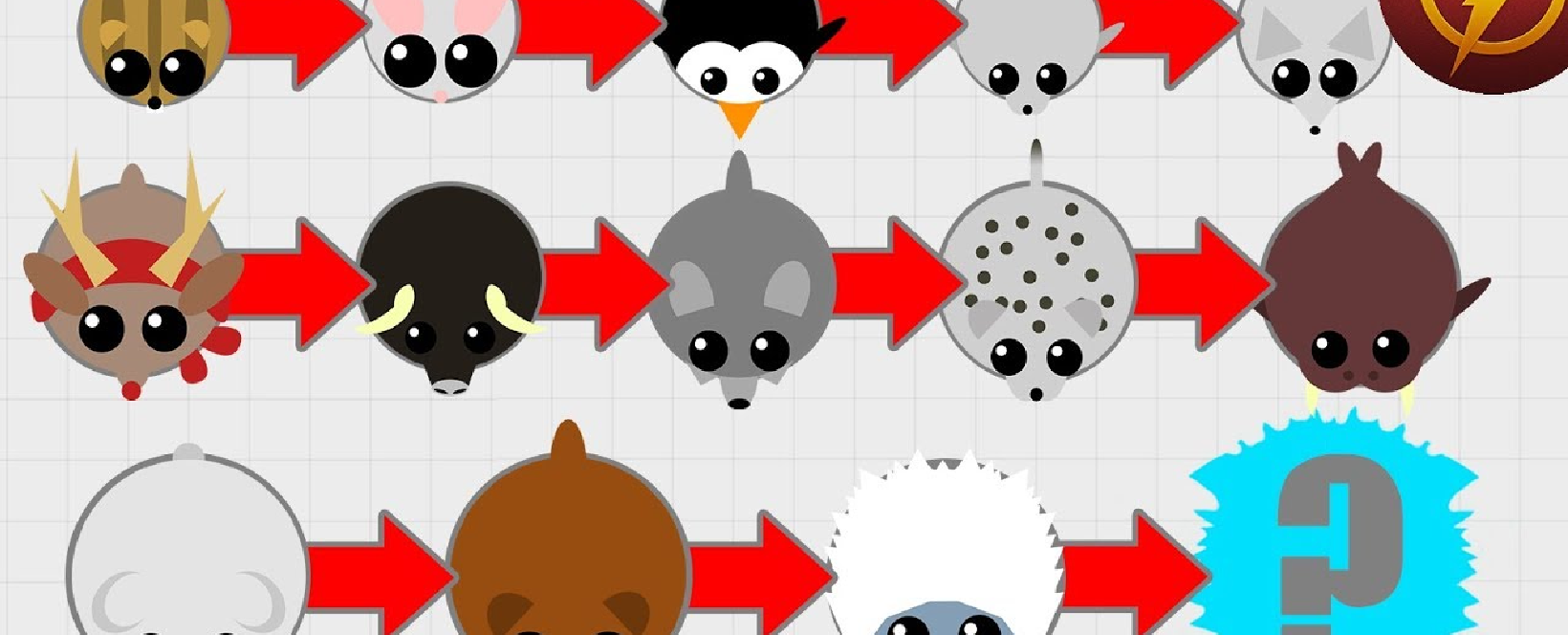Effect of mopping:
Mope affects our mental and emotional well-being. It perpetuates a cycle of negative thinking, heightens feelings of purposelessness, and can even lead to anxiety and depression. Prolonged moping demotivates, lowers self-esteem, and stunts personal growth. It is a state that traps us in desolation, inhibiting our ability to embrace life’s possibilities.

Noun Form: Mop Properties
When we encounter a mope, their appearance and behavior show clear signs of their inner struggle. The drooping shoulders, lack of energy and perpetual sadness on their faces portrays desperation. These individuals seem to carry the weight of the world on their shoulders, lacking motivation, enthusiasm and interest in activities that once brought them joy. They dwell on their problems and failures, perpetuate a cycle of self-pity and have a pessimistic outlook on life.

Verb form: Mopping and its conjugations:
Mope, as a verb, explores the depths of our low spirits. It is a condition characterized by persistent sadness, apathy, and lack of motivation. People who mope find comfort in solitude, withdraw from social interaction, and withdraw from activities they once enjoyed. Instead, they become prisoners of their thoughts, ruminate over their problems, engage in self-criticism, and take refuge in distractions that provide temporary relief from their emotional turmoil.

Effect of mopping:

Causes and triggers of mopping:
Mope is caused by many internal and external factors. Internally, self-reflection, negative thoughts, and unresolved emotions create fertile ground for moping tendencies. Our tendency to self-doubt and harsh self-criticism fuels the fires of despair. Externally, relationship problems, failure, loss, and traumatic events can serve as catalysts for moping. The weight of these experiences becomes a burden that makes it difficult to rise above the sea of sadness.

Going Deeper: Overcoming Mopping:
While mope can seem all-encompassing and insurmountable, there are things we can use to navigate its treacherous waters. Self-reflection and awareness are important first steps. Understanding our motivations, challenging negative thoughts, and developing self-compassion can help break free from the grip of mope. Seeking support from loved ones, friends, or professionals offers an external lifeline, guidance and a fresh perspective. Engaging in activities that promote well-being, such as exercise, creative pursuits, or pursuing a passion, can reignite the spark that mopping has temporarily dimmed.

The transformative power of mopping:
Although mope is often seen as a negative condition, it can also serve as a catalyst for personal growth and change. It provides an opportunity for introspection, self-exploration, and understanding of our innermost desires and needs mope. By looking into our emotions, we gain insight into our weaknesses, strengths and areas for personal growth. Mopping becomes a journey of self-discovery, a necessary step toward greater self-awareness.


